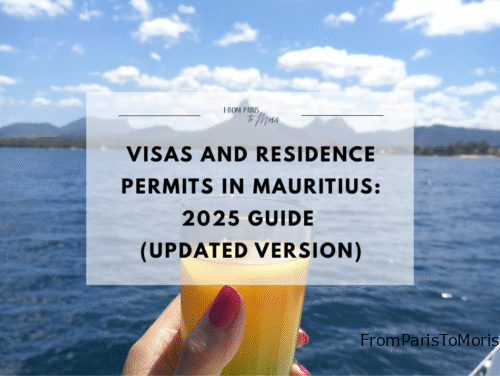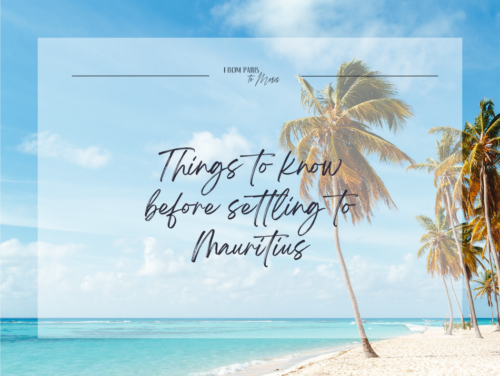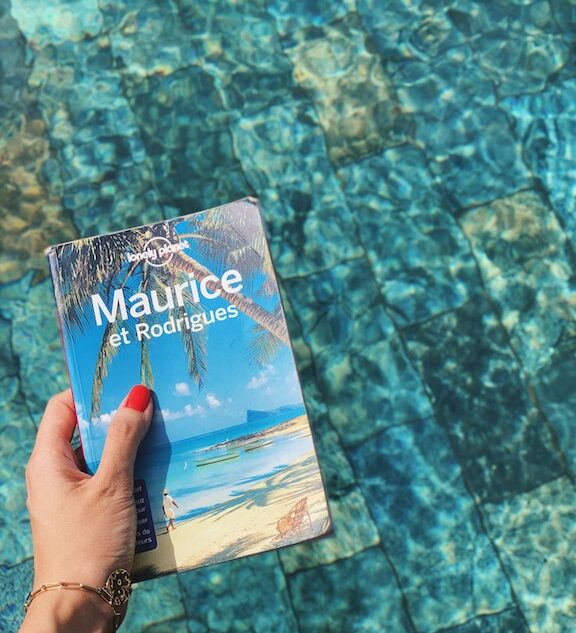FAQ: Your questions about schools in Mauritius
Can you change schools during the academic year?
Technically yes, but it’s complicated! Places are limited and three months’ notice is usually required. What’s more, changing schools can be disruptive for children. It’s best to think carefully from the outset.
👉 For l’école du Centre and l’école de l’Ouest: transfers are possible, as the schools are partners (same programme, same fees, same timetables, etc.).
Can children who do not speak French enroll in a French school?
Yes, but it depends on the level and age. The younger the child, the easier it will be to adapt. Refresher courses may be available. Please enquire directly with the chosen institution.
Are there any extracurricular activities in schools?
Yes, most schools offer extracurricular activities: sports, music, art, languages, etc. Some are included in the tuition fees, while others are extra.
How is the canteen going?
Most schools have a canteen or snack bar. Meals are generally decent, with a mix of local and international cuisine. Expect to pay between 1,500 and 3,000 rupees per month, depending on the school.
But be careful: many families choose to prepare a lunch box for their children! This is very common in Mauritius. An important detail to note: not all schools systematically provide microwaves for pupils. Check with the school to find out whether you need to provide cold meals or whether your children will be able to heat up their lunch.
Can we pay the tuition fees in euros?
It depends on the institution. Some schools accept payments in foreign currencies, while others require Mauritian rupees. Be aware of exchange fees and rate fluctuations!
What happens if my child has special educational needs?
French schools have support systems in place (EBEP, AIS). International schools often promote inclusion but charge extra fees for personalised support. Be transparent when enrolling to avoid unpleasant surprises.
Are schools closed during cyclones?
Yes! When a cyclone warning of category 2, 3 or 4 is issued, all schools close for safety reasons. Children stay at home until the warning is lifted. Make sure you have a backup plan for childcare!
👉 Everything you need to know about cyclones in Mauritius can be found in my article on cyclone season in Mauritius
Are there specialised schools for gifted children?
There are no schools specifically dedicated to gifted children in Mauritius. However, some French schools, such as the École du Centre, offer programmes for gifted pupils (EHP) to adapt teaching methods.
Are qualifications obtained in Mauritius recognised?
The French baccalaureate obtained at an AEFE school has exactly the same value as in France. IB and IGCSE diplomas from international schools are recognised internationally and give access to universities around the world.
How far in advance do I need to register?
Ideally, you should start the process six months to a year in advance, especially for popular schools. Some schools have waiting lists, particularly for the youngest age groups. For a September start date, register as early as January or February or even before!
This article has been written to help you understand the Mauritian education system better.
Good luck with your application, and welcome to Mauritius 🌴🇲🇺
If you have more questions, and you would like some help in your expatriation project 👉 have a look about my services








